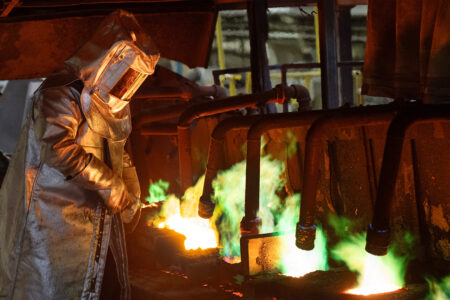

You are welcome to republish this Policy Options article online or in print periodicals, under a Creative Commons/No Derivatives licence.
by Policy Options. Originally published on Policy Options
January 30, 2018

This work is licensed under a Creative Commons Attribution-NoDerivatives 4.0 International License.